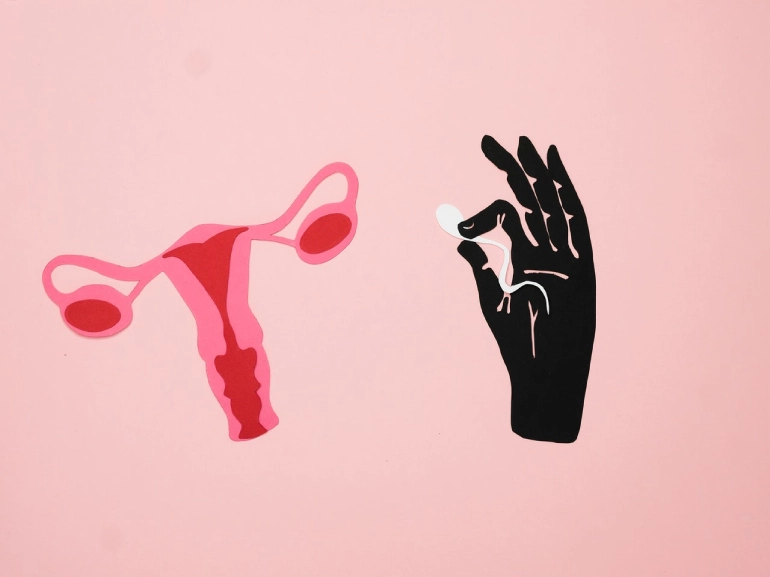Pregnancy complications are the health problems that occur while a woman is pregnant. The risks can involve the baby’s health, the mother’s health, or both. Some women experience complications during pregnancy, and others have preexisting health problems that cause severe complications. That’s why it’s imperative to receive health care before, during, and after pregnancy to lower the risk of complications.
Before Pregnancy
Talk to your doctor if you intend to get pregnant. This will help ensure that you are physically prepared to carry a baby for nine months without compromising your health. Inform your doctor about any current health problems and those you’ve had in the past. If you are currently receiving treatment, ask your health provider if the treatment will not affect your pregnancy.
For instance, some medications are not safe for pregnant women because they can harm the baby. Relatively, stopping your medication can also do so much harm. Your health care provider can adjust your treatments and make the necessary changes to ensure your safety.
While You’re Pregnant
Pregnancy complications and symptoms can range from mild to severe discomforts and life-threatening conditions. And since there are typical symptoms for pregnancy, some women find it hard to determine which can complicate their situation and which cannot.
Problems that may arise during pregnancy may include mental and physical conditions that affect the overall health of the mother and the baby. Some of these problems could be due to pregnancy, and some are only worsened by it. Nevertheless, keep in mind that there are several ways to manage the situation to help make your pregnancy much more bearable.
Common Pregnancy Complications
Here are the common maternal health conditions.
Anemia
Anemia is a condition where healthy red blood cells are lower than average. This may cause a pregnant woman to feel weak and tired all the time. But the good news is that this can be managed by taking folic acid and iron supplements.
Periodontal Gum Disease
Pregnancy makes a woman more vulnerable to cavities and periodontal disease. This is why oral health is considered an essential part of prenatal care. In addition, poor oral health during pregnancy can lead to various severe conditions that may even affect the baby’s health. The best way to prevent this is by visiting a dentist regularly. However, make sure to inform your dentist about your pregnancy.
Urinary Tract Infection (UTI)
You might be suffering from a urinary tract infection if you experience the following symptoms:
- Burning sensation when using the bathroom
- Shakiness, pain, and tiredness
- The need to use the bathroom frequently
- Intense pressure in your lower belly
- Back pain or nausea
- Foul-smelling urine
If you suspect you have a UTI, it’s crucial to consult your health care provider right away. They can confirm if you have the infection by testing your urine sample. If you have a UTI, you will be prescribed antibiotics to kill the infection, allowing you to feel better in just about two days.
However, some pregnant women may not experience any symptoms. This is why health care providers will still get a urine sample: To ensure that a pregnant woman does not have a UTI.
Mental Health Problems

Many pregnant women experience mental health issues, but depression is the leading one. They might be suffering depression if they are showing the following symptoms:
- Low mood
- Loss of interest in things they used to like
- Changes in sleep, appetite, and energy
- Loss of concentration and problems making decisions and thinking
- Feeling worthless
- Adverse thoughts about their worth
When a woman starts to manifest one or many of these symptoms, it’s more likely because she is depressed. This needs to be addressed accordingly because persistent depression during pregnancy can make it hard for a woman to care for herself and her baby.
It’s also a significant risk that may cause postpartum depression, making it vital for the mother to great treatment immediately.
Diabetes
Many women develop diabetes during pregnancy, and the number only gets higher. It’s crucial to manage diabetes to ensure a healthy pregnancy and keep your baby safe from complications.
Obesity
Research shows that when a woman is on the heavy side before she gets pregnant, she could be at a higher risk of complications, such as stillbirth, preeclampsia, and the possibility of cesarean delivery. In addition, experts have linked obesity during pregnancy with increased hospital stay and the use of health care services.
A pregnant woman may experience different health problems from her first to the last term. Adequate support from her partner and loved ones is important to ensure quality prenatal care. A mother’s health can impact the unborn baby’s health. That is why regular visits to the doctor and taking supplements should never be neglected.



